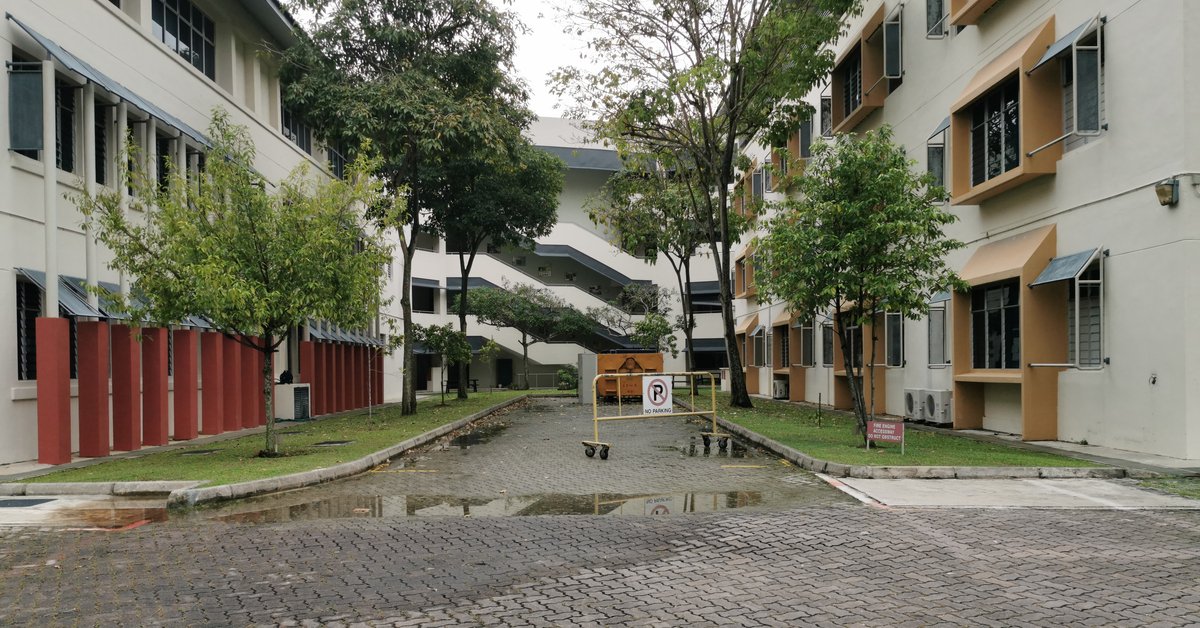The Ministry of Health (MOH) has confirmed the first local case of monkeypox infection in Singapore.
The patient is a 45-year-old Malaysian national who lives in Singapore.
Currently, he is hospitalised at the National Centre of Infectious Disease (NCID) and his condition is stable.
He is not linked to the first imported case that MOH announced on 21 June.
Development of His Symptoms
According to the MOH, the man started developing lower abdomen skin lesions on 30 June, before the fatigue and swollen lymph nodes set in on 2 July.
He came down with a fever and sore throat on 4 July, wherein he sought medical attention and he was tested for other possible medical conditions first.
When all those tests returned as negative, he was sent to NCID on 6 July, where he was isolated for further assessment.
Fortunately, monkeypox is characterised as a self-limiting illness where patients recover within two to four weeks.
Only a small percentage of the infected fall seriously ill, or even die.
However, young children, pregnant women, and immunocompromised individuals are particularly vulnerable to complications if they contract the illness.
Close Contact Tracing
Thus far, three close contacts have been identified, which includes two housemates and one social contact.
All close contacts have been placed under quarantine for 21 days from their last contact with the case.
Further contact tracing is ongoing.
What Can Be Done?
The Ministry has asserted that it will continue to monitor the monkeypox situation closely, while ensuring that it is prepared with response measures that suits the circumstances.
The risk of transmission for monkeypox is lower than COVID-19, since it requires close and prolonged exposure to the illness, either through bodily fluids, blood, lesion flakes, or respiratory droplets.
Members of the public are encouraged to take personal responsibility by monitoring their own health and maintaining a high standard of hygiene, especially during overseas trips.
The MOH also advises the public to avoid close contact with individuals who are suspected to be or are infected with monkeypox.
Global Situation
The first local case detected in Singapore comes after an announcement by the World Health Organisation’s Chief Tedros Adhonom Ghebreyesus on Wednesday (6 July) that it would be bringing together its monkeypox experts again to decide if the growing outbreak can be considered a global public health emergency.
As it stands, there are more than 6,000 monkeypox cases reported across 58 countries.
Europe is the current epicentre of the outbreak, and accounts for 80% of the recorded case numbers globally.
According to WHO’s observations, most monkeypox infections have been seen in men who have sex with men, of young age and mostly in the urban areas.
Featured Image: Shutterstock / Anna Shalam



